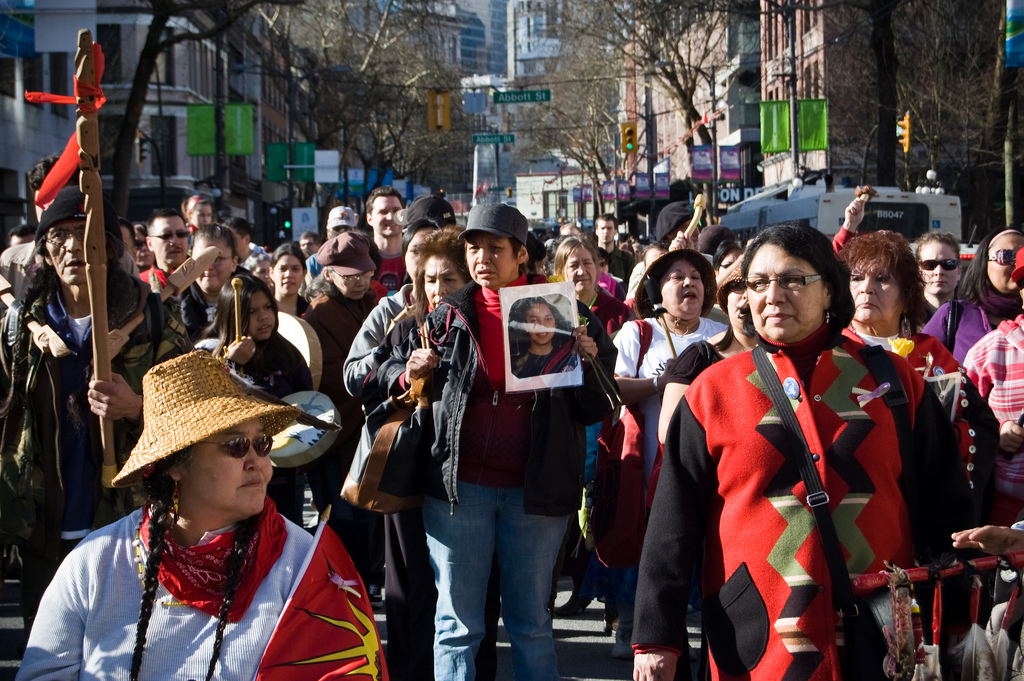What do you get when you combine $40 million in crumbs for young workers, five years of austerity measures and a domestic squabble between two Conservative ministers?
The 2014 federal budget, of course!
Yes, the budget was unveiled in Ottawa on Wednesday. While many in the mainstream media simply named this a do-nothing budget, rabble.ca’s bloggers were on the case pulling apart the document. Lynne Fernandez examines the implications for Manitoba on Policyfix, while Bruce Campbell warns us about the crackdown on environmental charities. This budget continues to promote austerity measures despite the fact that a large surplus is predicted in 2015…the year of the next federal election. Quelle surprise! 70 economists wrote a letter advising against austerity measures which you can read on the Progressive Economics Forum. Despite a “grab bag of boutique measures” such as $40 million for paid internships, the 2014 budget does little for young workers, who, Angella MacEwen writes, are a growing segment of Canadian society. This budget also includes measures for income splitting, a measure which the Broadbent Institute (and others) have shown will only benefit 14 percent of Canadians – something Finance Minister Jim Flaherty brought up in Parliament this week. Karl Nerenberg discusses this and other instances of dissent among the CPC ranks.
Last week Harper also unveiled the re-tooled First Nations Education Act in Calgary. While this new act promises increased autonomy for First Nations with respect to education, Pamela Palmeter thinks otherwise. Aboriginal Affairs Minister Bernard Valcourt stressed that this legislation is about economics rather than treaty rights. What this means, Palmeter writes, is that “the inherent right to be self-determining and exercise our own jurisdiction over education does not play into this legislation”. Lest we forget that Harper at one time refused to touch First Nations education with a ten-foot pole, Daniel Wilson reminds us that the PM vehemently objected to increasing spending on First Nations Education as recently as October.
Also this week, the doublespeak-laden “Fair” Elections Act was unveiled – one that, instead of implementing reform to prevent elections fraud, actually further muzzles the Commissioner of Elections Canada. Increased restrictions on identification will also make it more difficult for young Canadians to vote – a mildly ironic coincidence, given that young people are less likely to vote conservative. Steven Shrybman talks about why it’s cheap and easy to commit elections fraud, and the Council of Canadians encourages everyone to take part the in “Hold The Phone” action to protest against the new act. Details here.
Finally, today is February 14th – Valentine’s Day, but also the 23rd annual March for Murdered and Missing Indigenous Women. A new blog, Why I March, chronicles the stores of women around the country and why they march to end violence against women. Read this story, on how new immigrant Rosa Elena Arteaga learned about Canada’s “unofficial” and violent history, or the story of Lorelei Williams, who marches because of the two missing and murdered women in her family.
Marches and actions will be taking place around the country to honour murdered and missing Indigenous women and girls. Check out Activist Communiqué to find out about an action near you.
And yes, Valentine’s Day might be a “a corporatist hegemonic fantasy imposed on us by various ideological state apparatuses to perpetuate false consciousness and install patriarchal, heteronormative consumerism.” But that doesn’t mean romance on the left is all cold porridge and canned beans. Michael Stewart discovered otherwise yesterday when the glorious hashtag #activistpickuplines was born. Who knows, you might get lucky at your next protest….
Image: flickr/yaokcool



